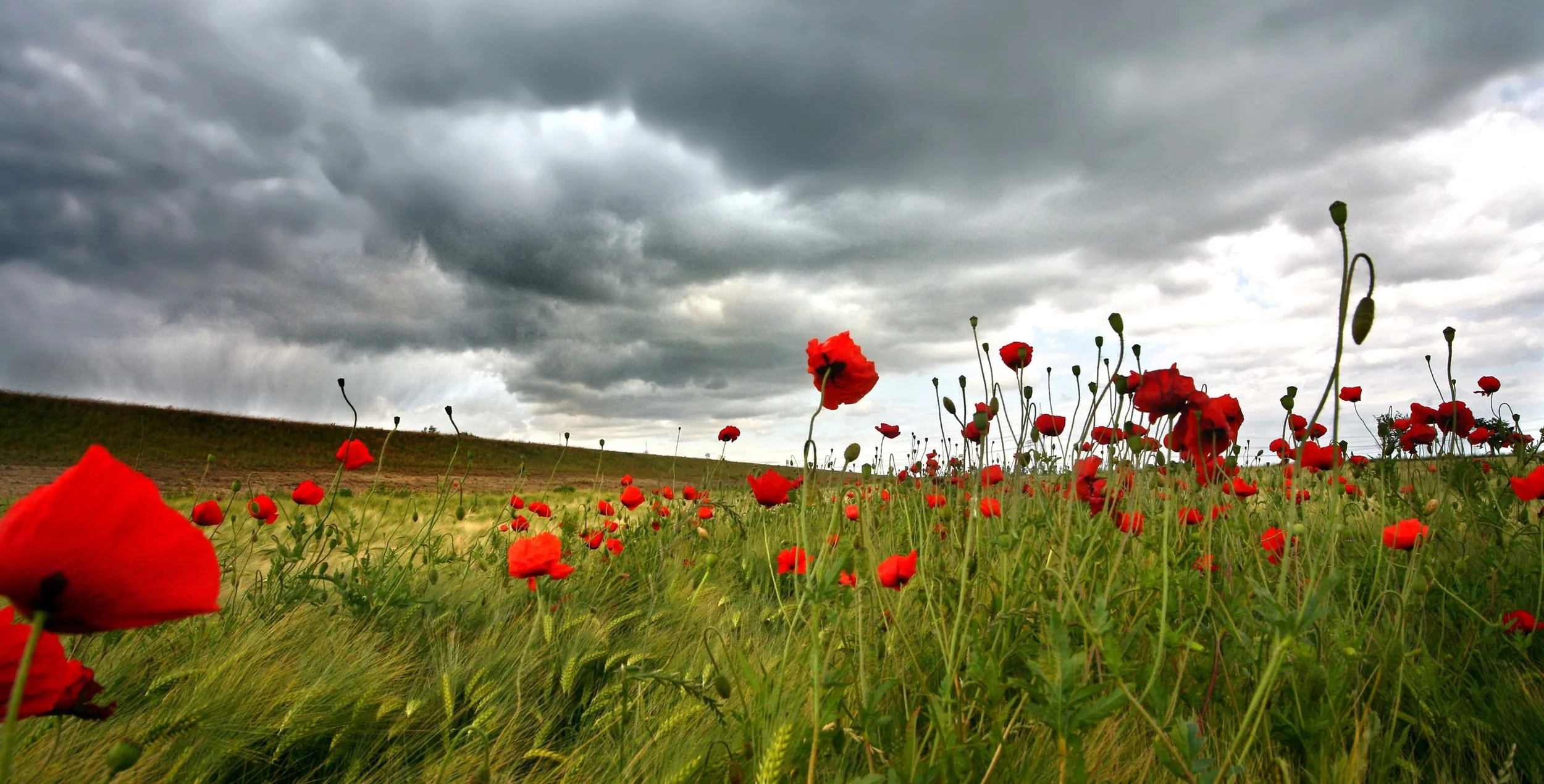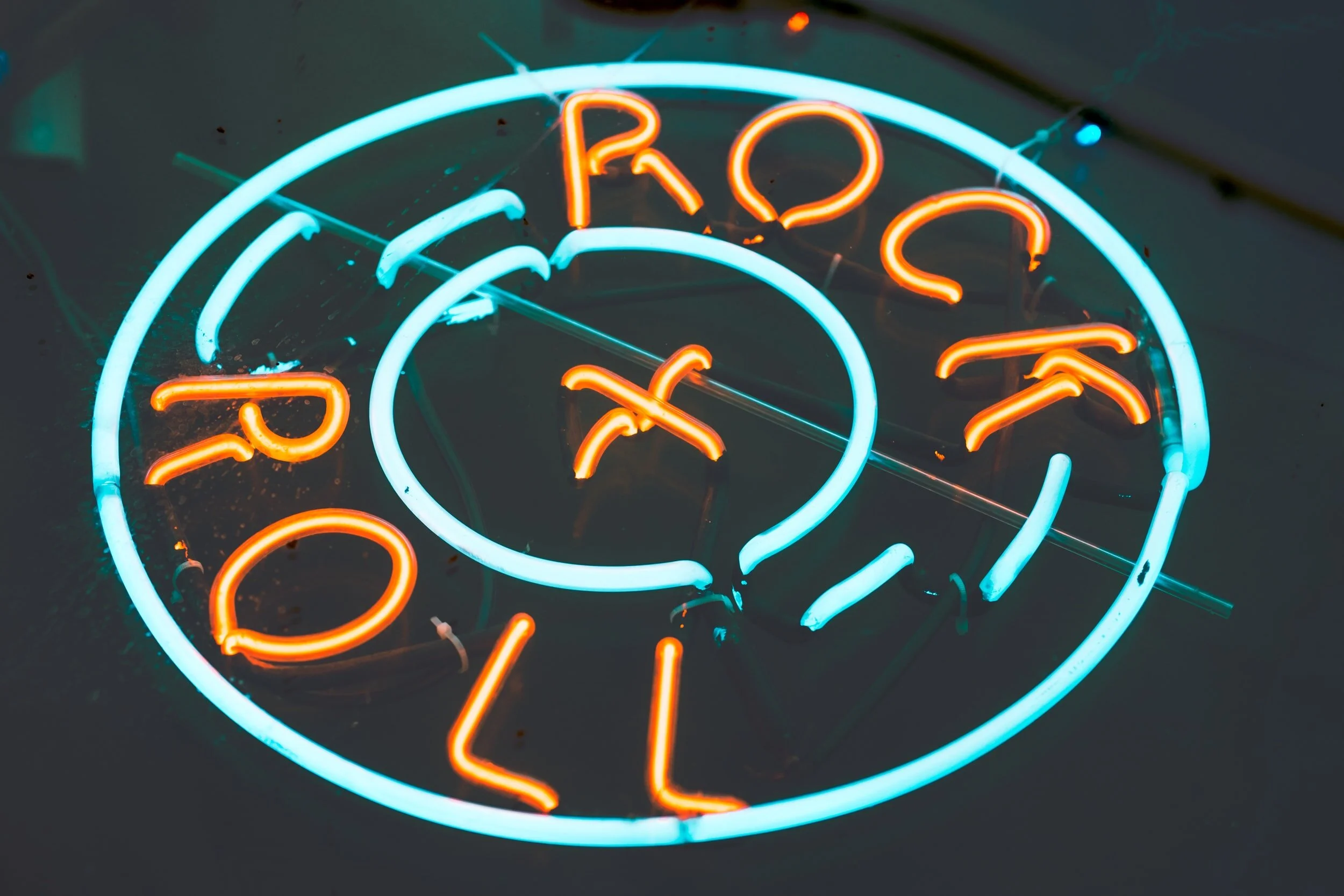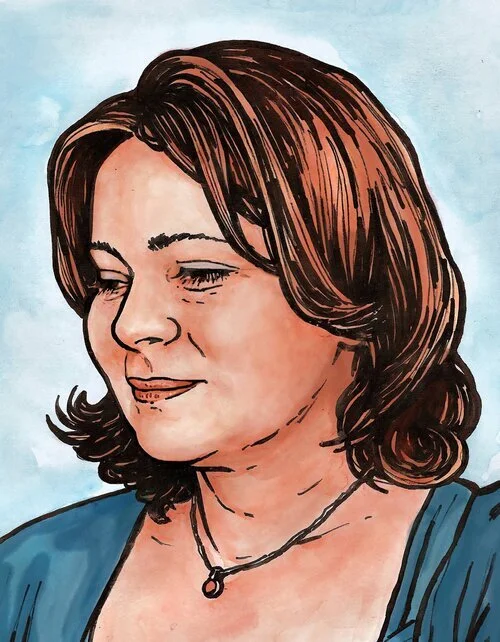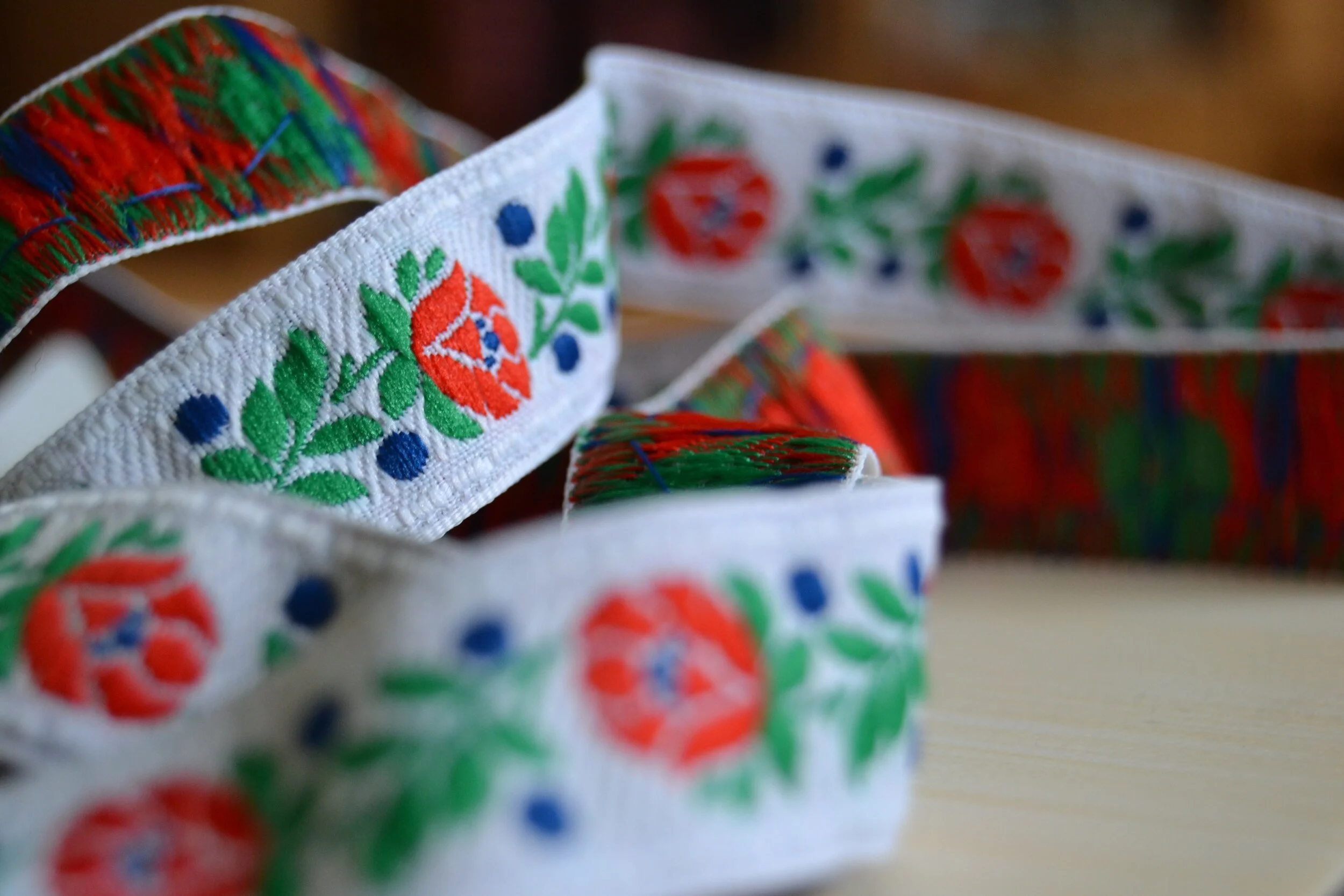Born in 1899, Krasa was a young musical prodigy who composed his first songs at the age of ten. By the age of 39, he would compose his most famous song, Brundibar. By the age of 40, in 1939, the occupation of Czechoslovakia by Nazi Germany took place. After their occupation, Krasa was arrested by the Nazis and deported to the Terezin concentration camp, forced to compose as a part of a propagandic smokescreen.
Opera in Czechoslovakia
Opera is as popular as ever in the Czech Republic! The musical artform got its beginnings back in Bohemia during the early 17th century, when an Italian comedy performed at King of Bohemia Ferdinand III. Music artist and songwriter Wolfgang Amadeus Mozart lived his life in Prague since his performance of Figaro was lauded there, in contrast to Vienna in Italy. Opera has a significant role in the Czech lands’ cultural future and present, as it was a part of the Czech National Revival.
An Army with No Country: A Siberian Odyssey
It’s the First World War, and the Czechoslovaks must get their soldiers from Ukraine to France, but without going through a Central Powers country or a sea without enemy ships. What do they do? Naturally, they go East: fight through the Bolsheviks, take over the Russian railway network, capture most of Siberia, and reach Vladivostok before the ships arrive to get you home. All this while losing less than 10% of your men over three years of fighting. It might sound crazy, but this is just the 2nd part to the story of the Czechoslovak Legion.
An Army with No Country: The Czechoslovak Legion in Europe
They were men without their own country, living split up among not one, but two mighty empires. When the Great War broke out and those empires began to crumble, those men took up arms in the struggle and fought so that one day they too would have their own nation. These were the men of the Czechoslovak Legion.
Current Events in the Czech Republic
Miloš Zeman is the current president of the Czech Republic, recently checked into a hospital for chronic health conditions. Due to the unfortunate circumstances facing the president, both houses of Parliament would need to discuss and pass a clause that allows lower officials to carry out presidential duties.
Rock Music in Czechoslovakia
The history on rock music in Czechoslovakia begins with its introduction in the early 1950s, beginning apolitically. By 1968, the apolitical aspect changed, in response to the 1968 Soviet bloc invasion, causing rock music to finally rebel and criticize the government, through satire and cryptic messaging, as the lyrics and content of rock songs were monitored.
Czechoslovakia and their only naval battle
Despite being a landlocked nation, Czechoslovakia had a naval army, one which fought a single battle. This singular battle took place on Lake Baikal in Russia during WWI. Being that Czechoslovakian soldiers fought so far away from their own nation and that they seemed unwelcome in Russia, the situation of their naval military grew more complicated.
The Dancing House of Prague
The Languages of Kafka
Emperor Rudolf II: Prague's Patron of Arts and Science
Rudolf II, leader of the Holy Roman Empire, ruled from 1575-1612. His reign as emperor was nontraditional and he was well known for his patronage of arts and science. Under his rule, alchemists were protected and allowed to experiment and learn, making Prague one of the cultural centers of this scientific discipline. His rule also allowed artists from all over Europe to thrive and flourish, which artists noticed and greatly appreciated.
Bohemian Garnet
Remembering Libuše Ĺ ˛ą´Ú°ůá˛Ô°ě´Ç±ąĂˇ
Cinema Under Communism: The Czech New Wave
The Czech New Wave was an important film movement led by daring, rebellious film directors in the sixties. Since the nationalization of the film industry in 1945, cinema had gone stale. In the fifties, each film adhered so tightly to the standards set by the communist government that moviegoers found themselves bored in the theatres. Plot threads were , an aspect that would be criticized extensively during the movement (Kehr 2008).
Ride of the Kings
Each spring, people in the Czech Republic celebrate many different events and holidays. The Ride of the Kings is one of the Czech Republic’s many unique customs. It is so deeply rooted in the history and culture of the area that it was placed on the UNESCO heritage list and has been painted, photographed, and filmed to preserve its tradition.
Czech Spring Rituals and Celebrations of Love
In Slavic cultures, spring has always been the most important time of the year - it’s the time of rebirth, associated with life, fertility, and love. Ancient Slavs celebrated the end of winter and the coming of spring with a number of festivals and rituals. Among Czechs, one such tradition has survived to this day - popularly known as Czech Valentine’s Day.
The Czech Republic's Communist-Era Architecture
For the Communist countries in Eastern Europe, the necessary rebuilding following World War II was accomplished in the construction style that the Soviet Union popularized. As a result of this period, the Czech Republic has many buildings and monuments that differ significantly from the historic ones surrounding them, serving as a reminder of its Communist era.
Five Czech Towns to Visit
With twelve UNESCO World Heritage Sites, four awe-inspiring national parks, and literally thousands of castles, there is much to see in the Czech Republic beyond the beautiful city of Prague. Today, we’ve compiled a short list of five towns that definitely warrant the trip next time you visit the country.























